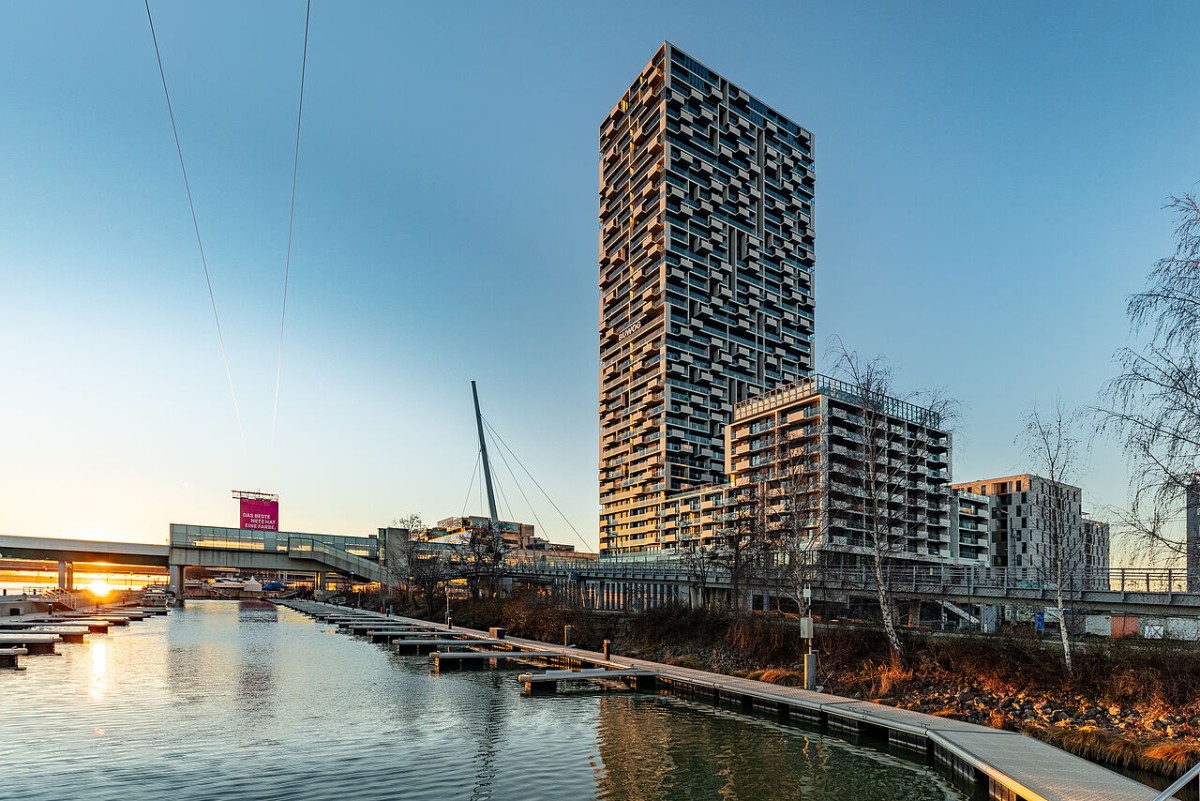Sponsored Content
Austria has the Highest Share of Female Startups in the EU
The Federal Ministry of Labor and Economy (BMAW) had surveyed the financing situation of female startups for Austria and Europe and discussed it at a startup breakfast together with representatives of the startup community at the BMAW. At 36 percent, Austria currently has the highest proportion of female startups in the EU.
 At 36 percent, Austria currently has the highest share of female startups in the EU. / Picture: © Marina Tower Holding GmbH
At 36 percent, Austria currently has the highest share of female startups in the EU. / Picture: © Marina Tower Holding GmbH
The report of the Startup Center at the Vienna University of Economics and Business (WU) "Female Startups & Investing" provided results on the status and development of the financing situation of female startups in Austria and Europe. Female Entrepreneurship is also one of the central topics of the recently reconstituted Startup Council of the BMAW.
"Women are…
or Log In
Fast News Search





